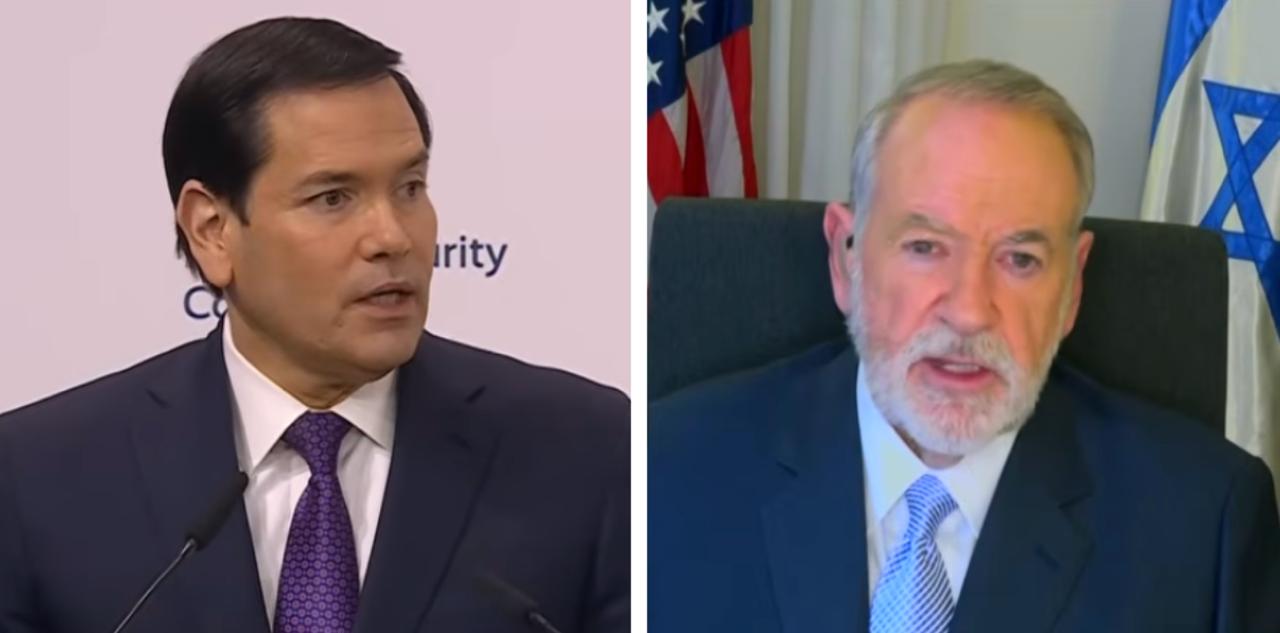Why? Two words: Climate change.
According to the Center for Civic Research at Tufts University, “Young people who chose addressing climate change as one of their top concerns were 20 points more likely to vote in 2024 and more likely to engage in various forms of political action. Climate is a winning issue for Democrats…”
Young Americans’ fixation on the climate isn’t lost on those aiming to land Kamala in the White House. In fact, it’s a long-planned and carefully orchestrated part of their game plan.
Starting as early as elementary school, our children are bombarded with climate alarmist propaganda. It only intensifies as they grow older.
Once they reach college, there is a coordinated effort made by well-funded climate alarmist organizations, with help from university faculty to brainwash and indoctrinate student bodies into carrying out climate activism beneficial to leftist political objectives.
By inserting their narrative of climatic doom and gloom into university curriculum, they provide themselves the perfect vehicle to shape the minds of young people in a manner that serves their political interests.
Examples of this coordination abound.
For instance, in early April of this year, Kalamazoo College in Michigan encouraged their student body to participate in “Worldwide Climate and Justice Education Week.” As cringy as it sounds, students nonetheless took part in events like:
-Meatless Monday, in which students were encouraged to explore “promising alternative to traditional meat products because they impact the environment about 50% less than real meat.”
-Fight climate anxiety, in which participants “discover(ed) how to channel anxiety into positive action and contribute to a more sustainable future.”
-Klimate Fest, a school-sponsored festival in which students could “discover K’s array of student organizations dedicated to environmental sustainability” and “connect with like-minded individuals seeking a sustainable future."
While college staff create an academic environment conducive to climate alarmism, so called green groups apply pressure externally.
One climate panic group – the Environmental Voter Project – says it plans to turn “1.5 million young people … into consistent voters who place ‘climate change and the environment’ at the top of their list of concerns.”
The League of Conservation Voters is investing $120 million into the election this November – including $2.6 million in digital ad buys targeting young adults.
The extremist Sunrise Movement exists to organize young people to champion the climate agenda. In the last election, Sunrise contacted over 3 million voters, primarily under the age of 35, in an effort to win primaries for climate alarmist champions in the House and Senate.
Climate change is their issue of emphasis due to its ability to cause anxiety. Catastrophe is scary after all. If they can control students’ emotions, they can control their beliefs and actions.
But what kind of action you might ask? Here are a couple cases in point:
In January of this year, Ohio State University president Ted Carter Jr.’s speech at a campus event was shouted down by students for over a minute, representing the “Ohio Youth for Climate Justice” group. Later, in an open letter, the student group wrote that they were protesting “OSU’s investments in fossil fuels,” among other grievances.
In February, the University of Florida student senate unanimously voted in favor of a “Green New Deal” package of campus-wide initiatives. Their aims included climate change-related course requirements, a ban on research funding from the fossil fuel industry, and to discriminate against “single occupancy commuter vehicles.”
The scary part is that these unrealistic and silly antics are no longer confined to the boundaries of college campuses. Rather than seeing young minds in need of objective instruction, far-left political strategists see an easy crop of voters waiting to be harvested.
Indeed, a sizable portion of highly politically motivated young Americans will be voting solely on the issue of climate change this November. With the race for the White House relatively neck and neck, students and young people could be among the decisive demographics in this election.
This should give us pause.
If conservatives are to have any chance of winning the debate on climate science, or upcoming and future presidential elections for that matter, we must reclaim our educational institutions from the grip of academic leftists. The fate of the country may very well be at stake.
If we do not, elections moving forward will likely be decided long before candidates are announced, and mudslinging begins. They will be decided in the classroom, years in advance, where conservatives have little or no influence.





